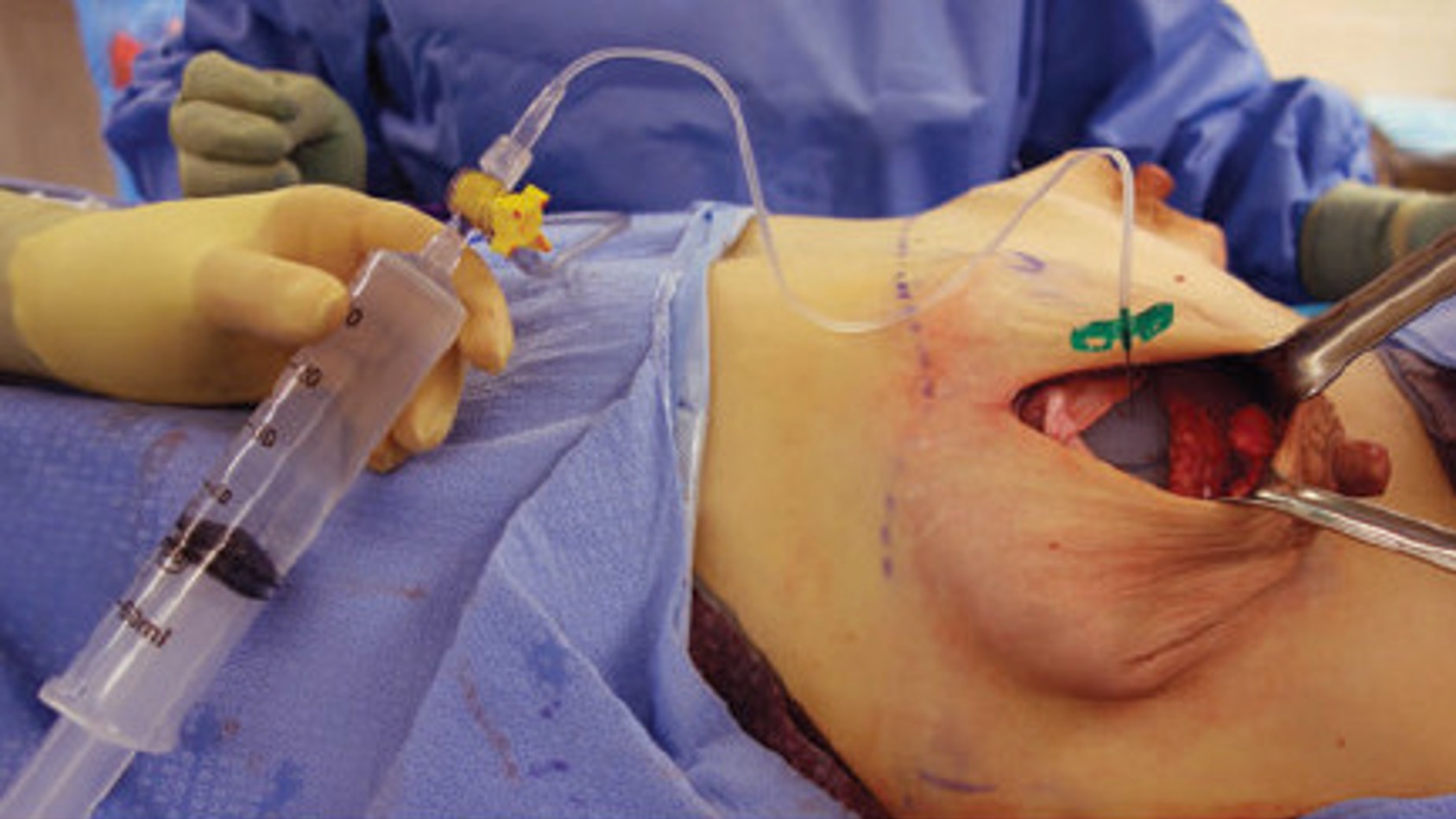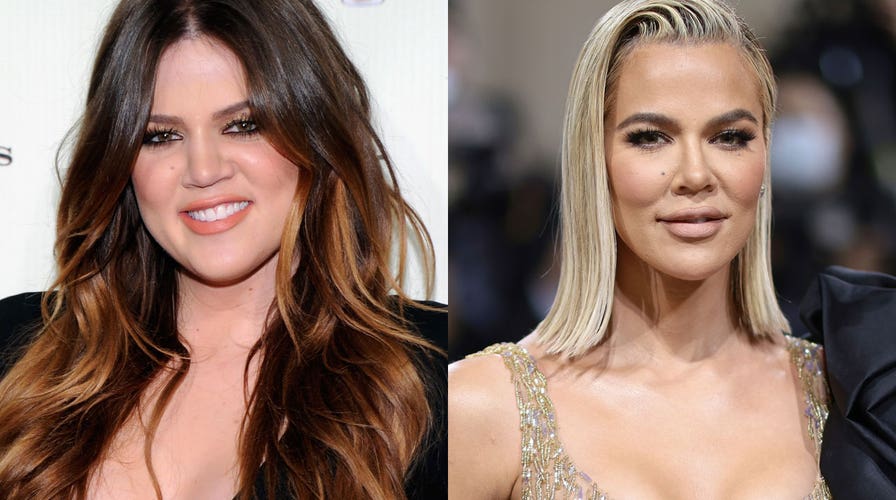Plastic Surgery Inland Empire: Relied On Professionals for Spectacular Cosmetic Results
Plastic Surgery Inland Empire: Relied On Professionals for Spectacular Cosmetic Results
Blog Article
Examining the Psychological and Social Elements That Drive People to Take Into Consideration Cosmetic Surgery as a Way of Enhancement
The choice to go after plastic surgery commonly expands past plain aesthetic appeals, linking with psychological and social dynamics that warrant extensive evaluation. Aspects such as self-confidence, prevalent societal elegance standards, and the pervasive impact of social media sites converge to shape specific motivations for medical enhancement. As these impacts become increasingly prominent, understanding the underlying emotional and social contexts is important. What remains to be explored is the profound influence these variables have not just on individuality yet likewise on broader social standards and worths bordering charm and approval.
The Function of Self-Esteem
Self-confidence dramatically affects an individual's choice to seek plastic surgery. Individuals with low self-esteem usually perceive themselves in an unfavorable light, causing feelings of insufficiency concerning their physical appearance. This adverse self-perception can drive them to seek medical interventions as an approach of enhancing their self-image. The wish for enhancement in one's appearance is often connected to a belief that such modifications will boost their overall self-worth and self-confidence.

Inevitably, the role of self-esteem in the decision-making procedure pertaining to plastic surgery highlights the complex interplay in between body picture, individual fulfillment, and psychological health. Comprehending this relationship is essential for medical care professionals to make sure that patients are making notified decisions rooted in practical expectations and psychological wellness.
Social Elegance Standards
Influenced by prevalent media portrayals and social narratives, societal charm requirements play an essential duty fit individuals' perceptions of their very own bodies. These requirements are typically defined by an idyllic form of appeal that stresses qualities such as slimness, symmetry, and youthful vigor. As these suitables are continued through various channels, consisting of film, advertising, and television, individuals frequently internalize these messages, bring about frustration with their natural appearance.
The implications of these social norms prolong beyond visual preferences; they can influence self-worth, psychological health and wellness, and interpersonal partnerships. Individuals that perceive themselves as disappointing these standards may experience sensations of insufficiency, triggering a desire for cosmetic surgical treatment as a way of achieving societal authorization. This search is often sustained by the idea that complying with these perfects will boost not only physical appearance yet also social standing and individual satisfaction.

Impact of Social Network
The impact of societal elegance standards is further magnified by the surge of social media systems, where curated photos and idyllic depictions of beauty are common. Customers are frequently subjected to filteringed system and modified pictures, which typically portray unattainable physical characteristics. This direct exposure grows a culture of contrast, get redirected here leading individuals to evaluate their very own look against these commonly unrealistic criteria.
Social network influencers and stars regularly promote aesthetic procedures, stabilizing the idea that medical enhancements are a practical methods for accomplishing societal ideals (plastic surgery rancho cucamonga). The visibility of these enhancements can develop an understanding that going through cosmetic surgical treatment is a common technique, thereby influencing individuals to take into consideration comparable interventions as a path to enhanced self-worth and social acceptance
Moreover, the interactive nature of social networks permits immediate feedback via sort and comments, even more strengthening the wish to satisfy preferred charm requirements. Such communications can worsen feelings of insufficiency and drive individuals toward cosmetic surgical treatment as a method of acquiring validation. Eventually, social networks plays a crucial role fit understandings of charm, which considerably impacts the decision-making processes surrounding cosmetic surgery.

Cultural Perspectives on Look
Throughout various cultures, perceptions of look are deeply rooted in historical, social, and economic contexts, forming individuals' sights on appeal and charm. In numerous cultures, appearance serves as a substantial pen home of identification, affecting social standing, expert chances, and personal partnerships. As an example, in some cultures, light skin is frequently related to riches and benefit, while others might idealize darker skin tones as icons of stamina and credibility.
Additionally, conventional charm criteria are commonly perpetuated via cultural narratives, media representations, and family members influences, resulting in differing ideals throughout different areas (plastic surgery rancho cucamonga). In Western cultures, the focus on youth and physical conditioning usually drives individuals towards cosmetic improvement, while in certain Eastern cultures, even more subtle adjustments lined up with conventional looks might be chosen
Globalization and the spreading of digital media have actually even more made complex these characteristics, creating a hybridization of appeal ideals that goes beyond geographical boundaries. As individuals significantly navigate these cultural narratives, the stress to adapt particular look criteria can lead to the desire for cosmetic surgery, showing an intricate interplay of individual goals and social values. Understanding these cultural point of views is important in resolving the motivations behind cosmetic surgical treatment factors to consider.
Emotional Impacts of Plastic Surgery
Lots of people seeking cosmetic surgical treatment record experiencing profound psychological impacts that can significantly modify their self-perception and emotional well-being - plastic surgery rancho cucamonga. The need for physical improvement commonly comes from underlying problems such as low self-esteem, body dysmorphic disorder, or social pressures regarding beauty standards. For some, the prompt post-operative phase can lead to a short-lived boost in self-esteem and fulfillment with their appearance, cultivating a sense of empowerment
However, these positive sensations might not be enduring. Study suggests that while some clients experience boosted self-confidence, others may encounter increased anxiousness or depression if their assumptions are not met. This disparity can occur from unrealistic perfects bolstered by media representation you could try these out and social narratives bordering beauty.
Furthermore, the emotional ramifications of plastic surgery extend past the individual. Relationships with family members and close friends may be stressed as social dynamics shift, bring about sensations of seclusion or alienation. Eventually, the emotional impacts of cosmetic surgical procedure are multifaceted and complicated, calling for careful consideration by both possible clients and medical care companies to make certain informed decision-making and sensible assumptions.
Conclusion
To conclude, the choice to seek plastic surgery is substantially influenced by a combination of self-worth concerns, social beauty requirements, and social point of views on look. The prevalent reach of social media even more worsens these pressures, promoting unrealistic ideals that individuals typically make every effort to acquire. Understanding these psychological and social elements is crucial for resolving the inspirations behind cosmetic surgical procedure, highlighting the need for a more nuanced discussion surrounding beauty and self-acceptance in contemporary culture.
The choice to seek cosmetic surgery commonly prolongs beyond mere looks, linking with social and emotional characteristics that warrant complete assessment. Eventually, social media plays an essential duty in forming understandings of beauty, which significantly impacts the decision-making processes surrounding cosmetic surgery.
As people progressively navigate these social narratives, the pressure to adjust to specific appearance standards can lead to the wish for cosmetic surgical procedure, showing an intricate interaction of cultural worths and personal desires.In conclusion, the choice to pursue cosmetic surgery is dramatically affected by a combination of self-esteem concerns, societal elegance criteria, and social perspectives on look. Understanding these emotional and social elements is important for addressing the inspirations behind cosmetic surgery, highlighting the requirement for a more nuanced discussion surrounding elegance and self-acceptance in modern society.
Report this page